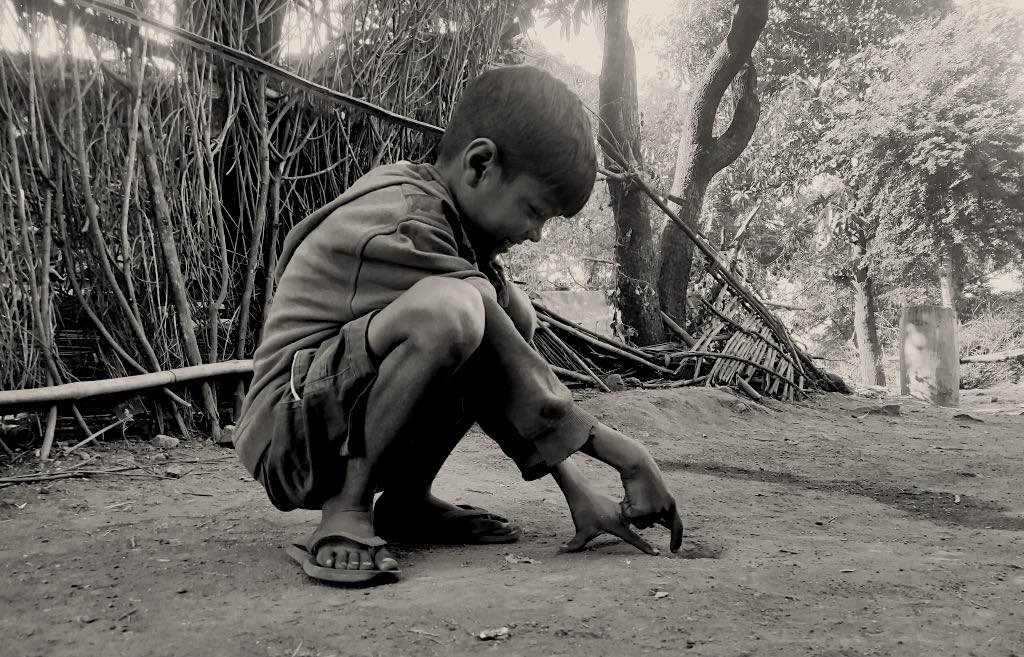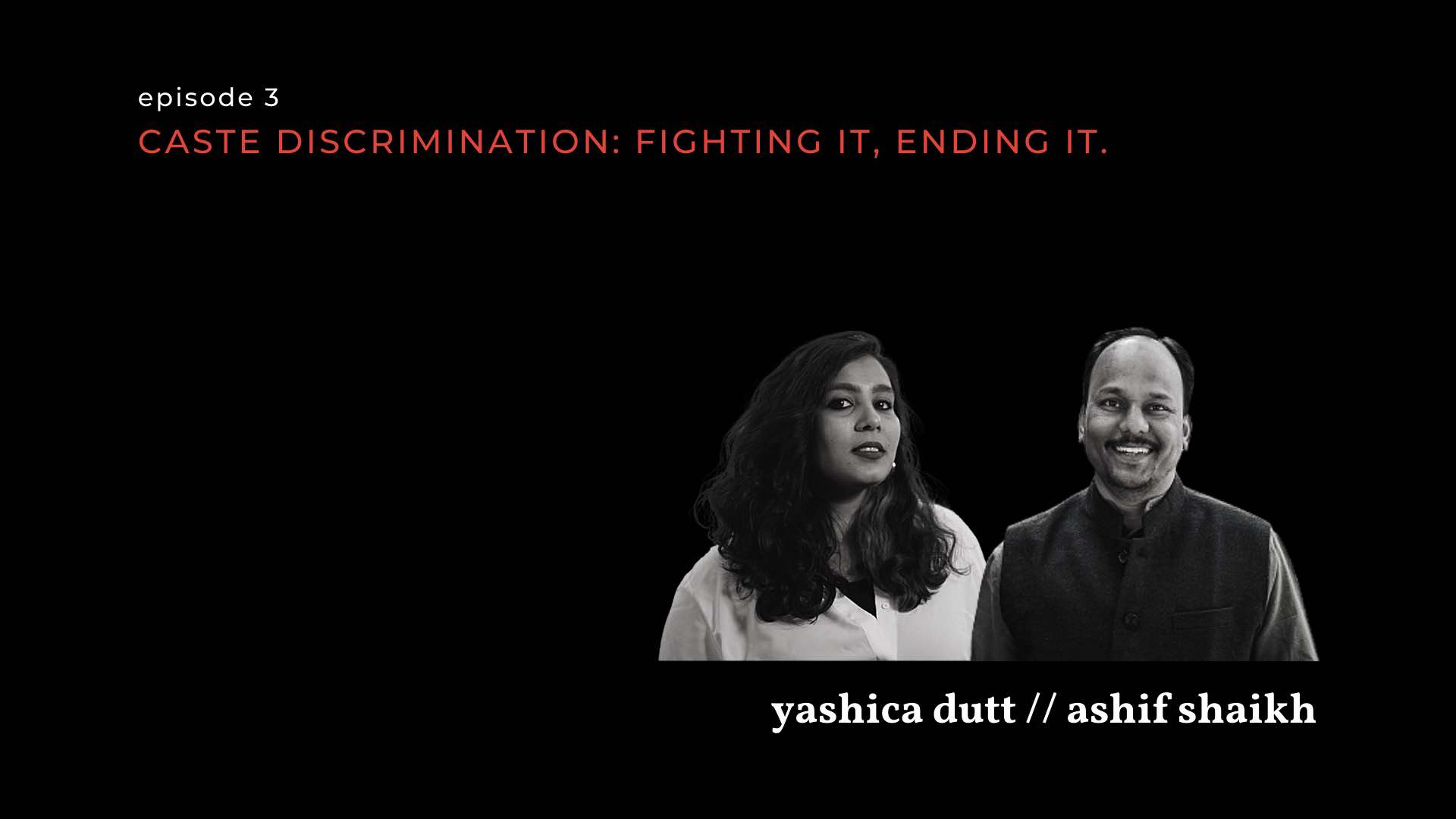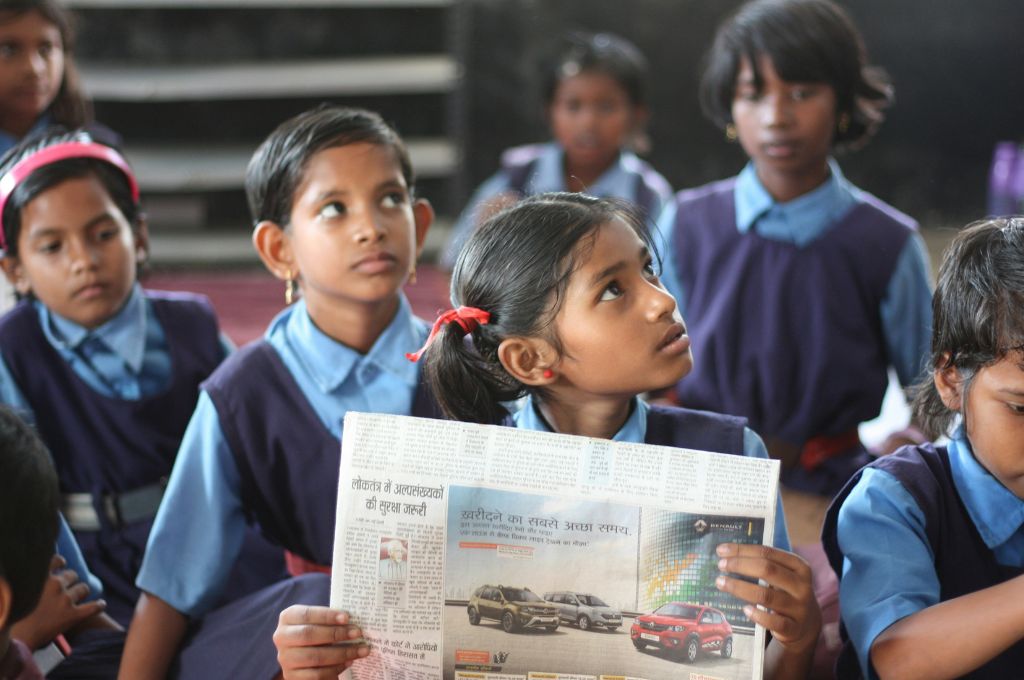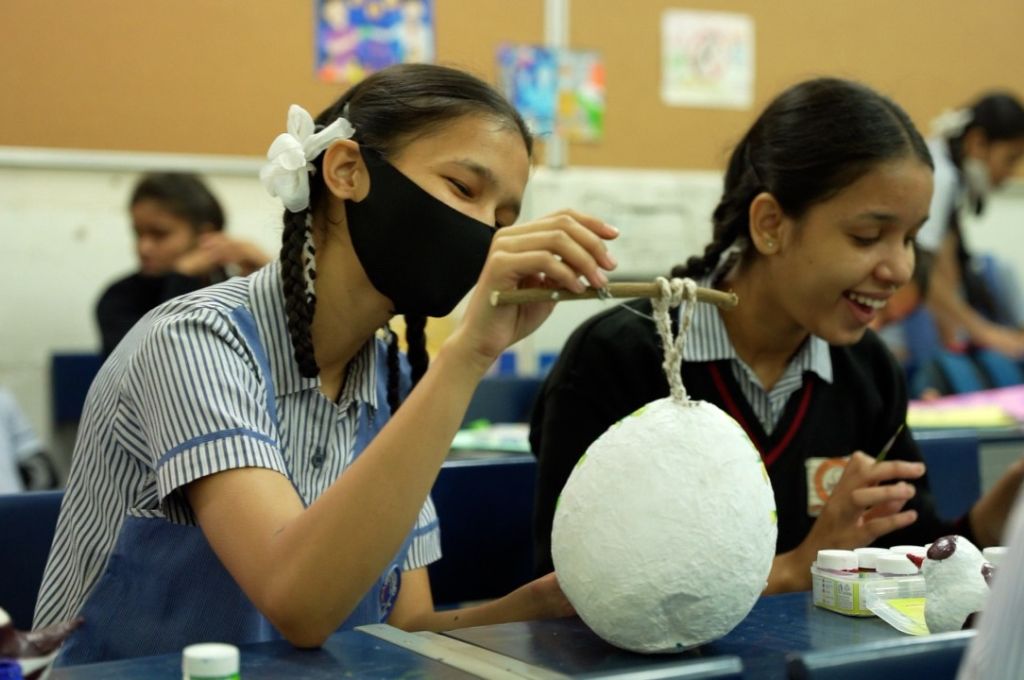Atishi Marlena is an educator, politician, and activist from Delhi. As a senior leader of the Aam Aadmi Party, she served as the advisor to the education minister of Delhi and was responsible for the remarkable transformation of government schools in the capital.
Pramath Raj Sinha is an entrepreneur, academic, and institution-builder, having set up India’s foremost institutions of higher education over the past two decades. He was the Founding Dean of Indian School of Business and is one of the founders of Ashoka University and Harappa Education.
Edited excerpts from the episode:
Atishi Marlena
“I do think that we have veered way too much on the path of creating workers, and to cater to the economic progress, and to cater to whether skills and the industrialisation needs of the country have been. And I think we need a better balance. I think you need both. I think it’s not one or the other. I think people need to make a living, particularly in a country like ours, where there are too many people who are without jobs, too many families who rely on their young children to get them out of poverty and move them forward. So you need people to be fit or employable. But you also need them to be good citizens, and education was always about both. In general, it was about both. There were some who could have the luxury of not worrying about employment, and so they could contemplate life and study philosophy and religion, and so on. But at the same time, it’s not like you study philosophy and religion and can’t get jobs; you should be able to also make a living from studying those subjects. So I think we need to combine and balance both. And we haven’t done a good job of that.”
“I think that the process of learning is content agnostic; it does not matter what specific content you teach. Whether I teach the history of India, whether I teach the history of Great Britain or I teach the history of Sumatra and Java—what we need for children to understand when we are teaching history is the process of social change, how societies change, what brought about that process of change, and who were the people who pulled the levers of change; this is what we need them to understand.
So I think that what we really should be looking at is how specific skill sets—be it an analytical skill set, be it mathematical understanding, be it a comparison (how do you do comparative analysis)—all of these things, I think it is the skills and abilities that we need to map and plan that what we want children to understand.”
Pramath Sinha
“There’s been now a lot of work done, a whole body of material around learning how to learn and so on. We take it for granted, but people don’t understand this, their motivation is “Teach me a particular skill, and there’s a job waiting for me.” And it’s difficult to impress upon people that while that may be the case in the short term, the big thing that will make you successful is really learning how to learn over a period of time. The second is to then say, listen, the only way that you will learn how to learn is by trying out different things, right, because the more you put yourself in situations that are unfamiliar, then each time you have to learn something new that you were not trained in, that you did not have expertise in, you did not experience, you didn’t have education in. And that’s the only way to really learn the meta skill, if you will, of being able to quickly get up to speed on a new area that has been thrown at you, or if you’ve been pushed off the deep end into a completely new industry or a new sector, or if the sector you worked in got completely shut down and disrupted.
So I think that is the second element of this. But a very interesting element that I have learnt, has to do with adult learning. And, you know, one of the important things to learn is that pedagogy, which is learning in school, is very different from andragogy, which is adult learning. And in adult learning, unlearning what you have learned, is as important as real learning or upskilling.”
Atishi Marlena
“The problem basically is, that there is no incentive for a politician to make a government school work. And here is where I think that there is a fault with us as citizens. What is the prime incentive that makes a politician work? They want to get re-elected. That is what every politician wants: “Agla election aayega, mujhe phir se voh election jeetna hai.” (When the next election comes, I need to win it). Currently what happens is that a politician seems to think, and rightfully so, that if I spend enough money on the election—if I distribute money, liquor, kambal, TV, everything—I will get voted to power. Or a politician or political party thinks “I just need to have the right caste equation and my candidate will win,” or “I need to have the right religion of my candidate and then my candidate will win.” So right now politicians seem to think that that is what is required to win an election again. Not improving the government school, not improving the government hospital, not providing good public transport.
Now for us as citizens—and here I’m not speaking as a politician, I’m speaking as a citizen—I think that we as citizens need to apply pressure on our elected representatives and our governments. If, as a politician, I know the fact that when I’m going to knock at someone’s door five years from now when I have to get re-elected, and every person in my locality, in my constituency is going to ask me “Bhai, aapne sarkari school ka kya kiya? Agar aap sarkari school nahi theek karoge toh hum aapko vote nahi denge,” (What have you done about government schools? If you don’t fix government schools, I am not going to vote for you) then believe me, every politician across every political line is going to improve the government schools in their locality. And that is the pressure that we need to build on all our politicians.”
Pramath Sinha
“We don’t have to reinvent the wheel. Around the world, issues of quality, equity and access have been solved for, and there are multiple models. All we have to do is adopt that. But we actually haven’t adopted any model well enough. For example, we don’t measure outcomes. The only way we measure outcomes in higher education is through the accreditation body called NAAC (National Assessment and Accreditation Council). And the fact is that NAAC is overwhelmed with a large number of institutions that it has to accredit. There aren’t enough evaluators to evaluate. And, you know, if you look at accreditation bodies around the world, they only have the very best people who can accredit. And that is the only way. You know, the best education systems today are in the United States and in western Europe and in England. They all have this outcome-based accreditation system. It’s a solved problem. Some northern California accreditation body accredits Stanford University or, you know, some Massachusetts or Northeast United States body accredits Harvard University. But the same accreditation body accredits Wellesley College and, you know, Olin College, and, all levels, so that they are able to make an objective gradation of who is really good and who’s still struggling. So I think those are solved problems. And we need to adopt one of these and do them well. We are very focused on inputs in our country, and we don’t really look at the outputs.”
—
Read more
- What the National Education Policy 2020 has gotten right and what it hasn’t
- Why Indian children can’t read
- Incorporating play to improve cognitive learning
- Standardised tests ignore indigenous knowledge, language, or problem-solving strategies
- Our solutions for education aren’t working
- Seek and you shall find
- No detention: Why did a popular policy get scrapped?
- Learning new lessons to revive secondary education
- Reform board exams to improve learning outcomes
- How did rural India learn during the lockdown?




